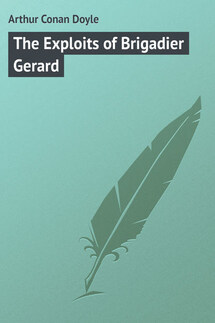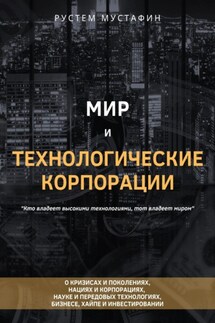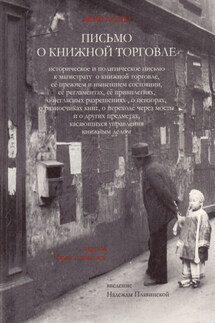The Great Boer War - страница 18
It was in April 1899 that the British Uitlanders sent their petition praying for protection to their native country. Since the April previous a correspondence had been going on between Dr. Leyds, Secretary of State for the South African Republic, and Mr. Chamberlain, Colonial Secretary, upon the existence or non-existence of the suzerainty. On the one hand, it was contended that the substitution of a second convention had entirely annulled the first; on the other, that the preamble of the first applied also to the second. If the Transvaal contention were correct it is clear that Great Britain had been tricked and jockeyed into such a position, since she had received no quid pro quo in the second convention, and even the most careless of Colonial Secretaries could hardly have been expected to give away a very substantial something for nothing. But the contention throws us back upon the academic question of what a suzerainty is. The Transvaal admitted a power of veto over their foreign policy, and this admission in itself, unless they openly tore up the convention, must deprive them of the position of a sovereign State. On the whole, the question must be acknowledged to have been one which might very well have been referred to trustworthy arbitration.
But now to this debate, which had so little of urgency in it that seven months intervened between statement and reply, there came the bitterly vital question of the wrongs and appeal of the Uitlanders. Sir Alfred Milner, the British Commissioner in South Africa, a man of liberal views who had been appointed by a Conservative Government, commanded the respect and confidence of all parties. His record was that of an able, clear-headed man, too just to be either guilty of or tolerant of injustice. To him the matter was referred, and a conference was arranged between President Kruger and him at Bloemfontein, the capital of the Orange Free State. They met on May 30th. Kruger had declared that all questions might be discussed except the independence of the Transvaal. 'All, all, all!' he cried emphatically. But in practice it was found that the parties could not agree as to what did or what did not threaten this independence. What was essential to one was inadmissible to the other. Milner contended for a five years' retroactive franchise, with provisions to secure adequate representation for the mining districts. Kruger offered a seven years' franchise, coupled with numerous conditions which whittled down its value very much, promised five members out of thirty-one to represent a majority of the male population, and added a provision that all differences should be subject to arbitration by foreign powers, a condition which is incompatible with any claim to suzerainty. The proposals of each were impossible to the other, and early in June Sir Alfred Milner was back in Cape Town and President Kruger in Pretoria, with nothing settled except the extreme difficulty of a settlement. The current was running swift, and the roar of the fall was already sounding louder in the ear.
On June 12th Sir Alfred Milner received a deputation at Cape Town and reviewed the situation. 'The principle of equality of races was,' he said, essential for South Africa. The one State where inequality existed kept all the others in a fever. Our policy was one not of aggression, but of singular patience, which could not, however, lapse into indifference.' Two days later Kruger addressed the Raad. 'The other side had not conceded one tittle, and I could not give more. God has always stood by us. I do not want war, but I will not give more away. Although our independence has once been taken away, God has restored it.' He spoke with sincerity no doubt, but it is hard to hear God invoked with such confidence for the system which encouraged the liquor traffic to the natives, and bred the most corrupt set of officials that the modern world has seen.









